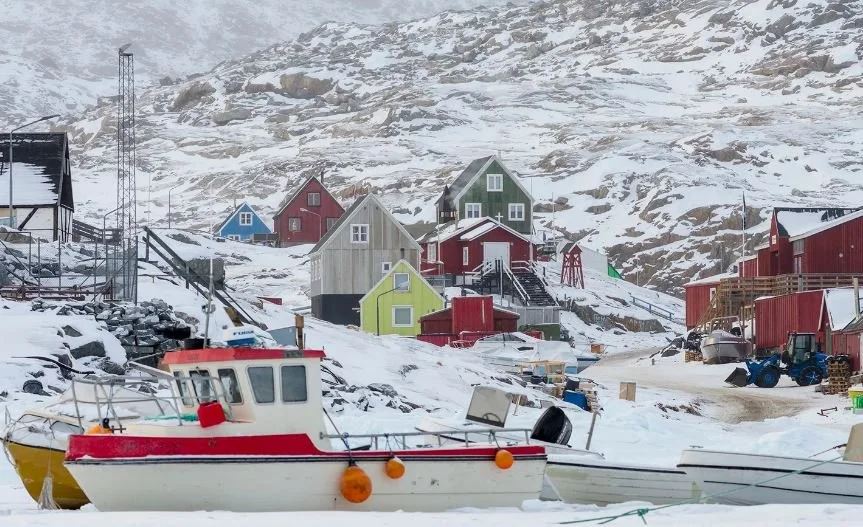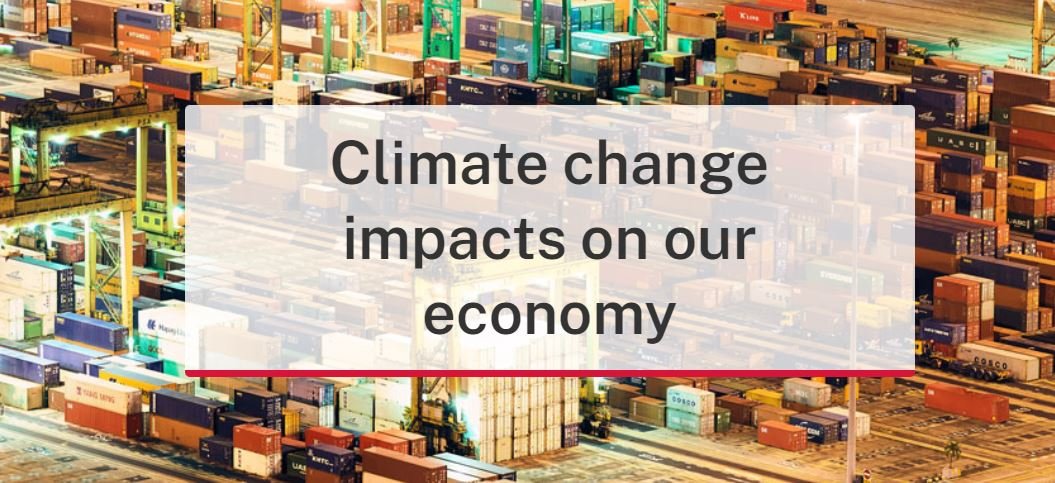
SEA News
Sports In U.K. Unite To Take Action On Water Pollution
Seven U.K. sports governing bodies have come together to put their weight behind the pressing issue of water pollution, unveiling the Clean Water Alliance recently
Australia’s first national Environmentally Sustainable Procurement Policy
Federal Minister for the Environment and Water, Tanya Plibersek recently announced that businesses will soon have the confidence to invest in sustainable products - without the green tape.
Introducing SEA's newest member – Little Athletics Victoria
Sports Environment Alliance (SEA) is delighted to welcome Little Athletics Victoria as its newest member.
Less, better and for longer: Five ways Paris 2024 is delivering more sustainable Games
Paris 2024, with the first Olympic Games fully aligned with Olympic Agenda 2020, promises to deliver spectacular Games that are more responsible, more sustainable and more inclusive.
The organisers have laid out a cutting-edge plan to halve the Games-related carbon footprint compared to previous Games, with innovative solutions for energy, food, venues, transport and digital services.
SEA Summit 2024 - #SEAChanger Award Winners Announced
Sports Environment Alliance (SEA) is delighted to announce this year’s winners of the #SEAChanger Awards.
The awards are presented to an individual, sporting organisation, sports club, venue, or facility who have demonstrated outstanding environmental and climate leadership, driven change, or contributed to best practice environmental stewardship in the areas of water, energy, materials, biodiversity, or engagement and education over the last two years.
Sports Environment Alliance is seeking to appoint two non-executive Director (NED) positions.
Sports Environment Alliance is seeking to appoint two non-executive Director (NED) positions.
Driving change with energy innovation at the Grand Prix™
The Australian Grand Prix Corporation’s commitment to becoming leaders in sustainable major events will see targeted areas of the FORMULA 1 ROLEX AUSTRALIAN GRAND PRIX 2024 powered by zero emission technology.
Clearing another hurdle at the Arctic Winter Games
There is no doubt the world is warming, and we know this is impacting the ability to play sports across the world. But what isn’t often considered is the social impact that cancelled and rescheduled events have.
Introducing SEA's newest member – La Trobe University Sport
Sports Environment Alliance (SEA) is delighted to welcome La Trobe University Sport as its newest member.
epar’s collaboration with charitable organisations is creating positive change and making the world a better place
ePar are immensely proud to be part of a community that understands the significance of collective action.
Sport and Environment News - February
Access all the latest news and resources in the sport and sustainability space, expertly curated by SEA, right here in one convenient place.
Bluewater partners with South African sixBetway SA20 to bowl out single use plastic bottles in cricket league
South Africa’s Betway SA20 cricket league and water purification and beverage solutions innovator Bluewater have partnered to help end the need for single use plastic bottles and promote sustainable hydration practices.
Introducing SEA's newest member – Stadiums Queensland
Sports Environment Alliance (SEA) is delighted to welcome Stadiums Queensland as its newest member.
#SEAChanger Awards are now open
The Sports Environment Alliance has been rewarding and recognizing projects that minimise our environmental impact since 2016. The diversity of projects that enter and the incredible impact these initiatives have on our sporting communities and environment is always inspiring.
We invite you to share your inspiring stories and sustainable programs with others by entering the #SEAChanger Awards. As a participant in the program, you will receive a wide range of local, regional, and national recognition.
Cricket Australia (CA) and Cricket for Climate have collaborated to install solar power at the National Cricket Centre (NCC) in Brisbane.
Cricket Australia (CA) and Cricket for Climate have collaborated to install solar power at the National Cricket Centre (NCC) in Brisbane. This will save $50,000 in energy costs in the first year alone while reducing the amount of carbon generated by the facility by approximately 398 tonnes each year.
Introducing SEA's newest member – Netball Tasmania
Sports Environment Alliance (SEA) is delighted to welcome Netball Tasmania as its newest member.
UEFA’s Green Goals: $7.6M Climate Fund for EURO 2024 Carbon Footprint
The football governing body in Europe, Union of European Football Associations (UEFA), plans to allocate funding competitively through a newly established ‘climate fund,’ to address the sports’ significant carbon footprint.
2023 was the hottest on record: What this means for your favourite sports
2023 was officially the hottest year ever for our planet, and was the first year in which all days were 1 °C warmer than the pre-industrial period.
As we navigate our way to a similar or even worse situation, what can we expect the state of our sports to be like in the future?
In the future we can expect an increase in the duty of care for athletes and young people, weather-related health warnings, acclimation periods, heat rules and cooling off breaks to be implemented more frequently, and if adverse conditions are deemed unsafe. , then changes can be made, in either timing, scheduling or cancellation.
Cycling Crusader Pedals 18,000 Miles Across US National Parks, Fighting Climate Change One Pedal at a Time
A 28-year-old transportation advocate has embarked on a daring odyssey that stretches across 18,000 miles.
Cycling his way through all the national parks in the United States, he has been trying to preserve the sanctity of the national treasures of the world. Beyond this massive physical feat lies a profound mission, and that is to raise awareness of the looming specter of climate change that could irreversibly alter these iconic landscapes.
Climate change impacts on our economy
Climate change presents a range of risks and impacts that are expected to negatively impact our economy. These include property loss and damage, infrastructure and service costs and risks to financial stability and Australia’s property and agricultural sectors will be some of the hardest hit by climate change in the future.





















